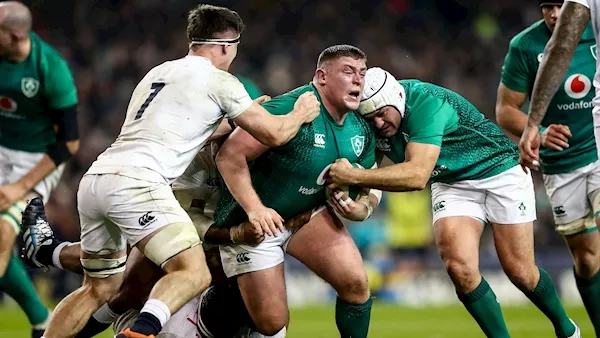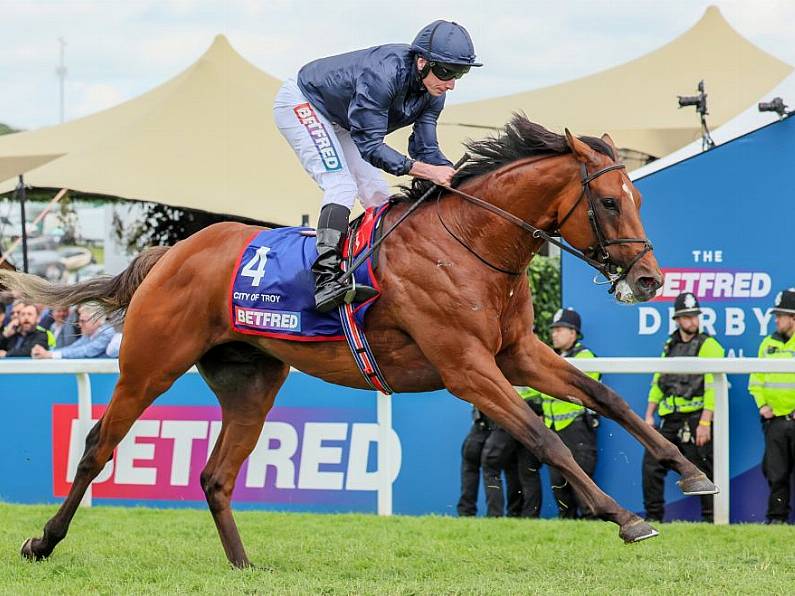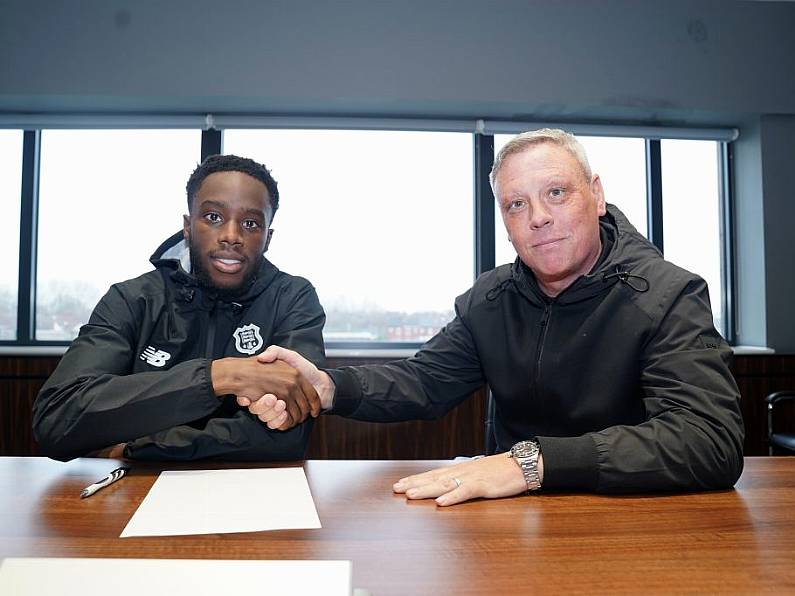Among Ireland's chief assets in recent years has been the ability to strike at a point and time that hurts their opponent hardest, but it was the Grand Slam holders who were shipping the biggest blows at the most damaging of moments on Saturday night.
Jonny May's try after two minutes set a very different tone to the last meeting between these two old rivals when Ireland confirmed their 2018 Six Nations clean sweep with that emphatic St Patrick's Day destruction of the Red Rose at Twickenham last March.
Ireland's utter dominance that day, the do-as-you-will nature of their performance, had been typified by their turning of the screw shortly before the interval when Jacob Stockdale's brilliant chip and chase try had knocked the wind out of their hosts.
Time and again, Ireland – and Leo Cullen's Leinster – have found a way to inflict pain on others in that spell approaching half-time when fatigue dulls the body and the mind. Not this time. This time it was Ireland on the ropes as the first period wore on.
This was ominous and it started on the half-hour.
Stockdale has profited from a frankly ridiculous amount of fortuitous bounces in the last 18 or so months but he was confounded by rugby's oblique laws of physics here as he grasped at the oval pill and then thin air.
Elliot Daly's try at that point wrested the lead from Ireland just five minutes after it had been claimed for the first time and the altered state of the relationship between these sides since last March was further emphasised as England returned to lay siege soon after.

Tadhg Furlong supported by Rory Best is tackled by Mako Vunipola and Tom Curry of England, (©INPHO/James Crombie)
This was unfamiliar. Uncomfortable. It was certainly unexpected.
Ireland weren't the ones accustomed to hanging on. The ones whose ambition had been shortened from domination to mere survuval. The ones craving the sanctuary of the dressing-rooms and the chance to catch their breath and recalibrate.
That Ireland just about survived the concession of a third try then thanks to the obstructed view of Mako Viunipola's movements was welcome but this was, nonetheless, what people mean by tasting your own medicine.
The hammers were being hammered.
England were resolute in defence, clinical in attack and clever in their application of both. They box-kicked like Ireland, utilised the grubber when it was called for and they found vast swathes of green grass time and again when they choose to boot it long.
They boxed clever.

Ireland's Bundee Aki with England's Manu Tuilagi. (©INPHO/Billy Stickland)
The nuts and bolts of May's opener, with Manu Tuilagi used as a decoy to entice Keith Earls out of the defensive line after the big centre had already carried twice, was the sort of clever deception that has had the acolytes of Ireland's head coach purring time and again.
And their third try, off the back of a scrum inside their own half which ended with May kicking in behind for Henry Slade to touch down, was another masterpiece of both planning and execution. Credit where it is due and Eddie Jones deserves plenty.
Schmidt had described Robbie Henshaw as a problem solver when discussing the Leinster centre's switch to full-back during the week. What Ireland needed now was a squad full of them and a coaching staff that could come with a suite of suggested solutions.
They never did.

England's Owen Farrell kicks a penalty. (©INPHO/James Crombie)
Cian Healy's try was greeted on the 25th minute with a relieved roar by the Aviva but it would be another 25 minutes before a thumping Garry Ringrose hit on Farrell would change the terms of engagement sufficiently for Ireland to threaten again and land a Jonathan Sexton penalty.
Sexton had opted for the corner when faced with a similar kick leading up to Healy's try but the decision here appeared to be recognition of Ireland's difficulties and the absence of opportunities afforded them by an England side whose line speed was exceptional.
To say Slade's two late tries – the second a wonderful intercept of Sexton in the Irish 22 – sealed it would be to ignore the suffocating nature of the visitors' performance up to those points. England did unto Ireland what Ireland have done unto so many of late.






